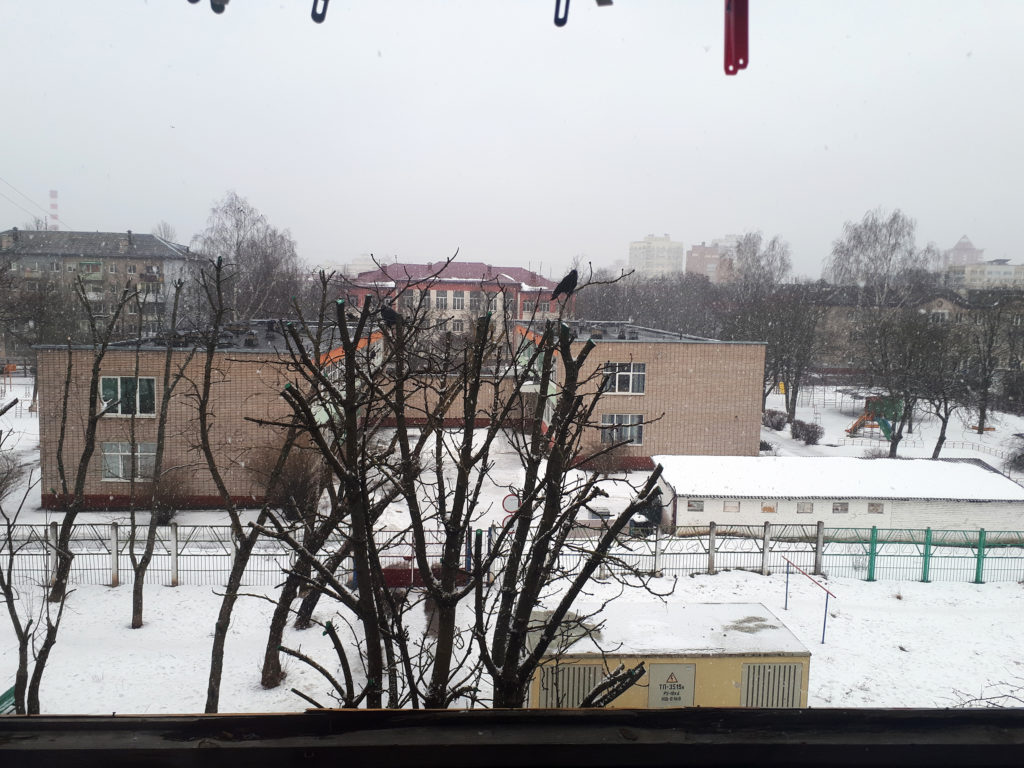I am a cultural worker. I speak a lot with people – this is a part of my work. I speak with my colleagues and friends who also work in the sphere of art. I speak with audiences, journalists, scholars, and students. I should speak, and mostly it is about art.
Often I am tired of speaking. I wish that this wasn’t the case. To find silence and to be silent. To escape from people, even from my close friends. Sometimes I guess they feel the same.
Once when I met with my friends and again we were discussing an important current topic, I realized that I knew them for a long time, and I did a lot of projects with some of them. We felt comfortable with each other; we had some funny drunk memories. I knew a lot about their artistic activities, about their political and civil positions, and about what values we shared or not. But I do not know anything more than that about them. Where do they live and with whom? Is there anyone that they take care of? What about their mother, father, family, or about kids? Where do they earn money? What do they dream about, or what do they fear? Do they have any hobbies that are not connected with art? How are their working days and weekends organized? Are there any problems in their relationships with a partner or their family?
I’ve realized that we talk a lot about important issues, and we do great projects together. But we almost never speak with each other as though the other is a human being. Mostly we present ourselves as successful people, but what is behind the success?
I started to collect private stories of people who do or manage art. The main frame of these stories is that we talk at her or his home or in any other place that is the most private space for the them. I decided to present these stories anonymously as chapters, which are transformed into a collective narrative. During the conversations, I made photos which represent my feeling about the place where we met. But it doesn’t matter who the photos belong to.
A DOG
As a part of my eco lifestyle, I take care of homeless animals. My friend calls me crazy, but I can’t stop doing it. It is very uncomfortable because you should forget about personal boundaries. But I feel that I must do it.
I had a dog. He didn’t have an eye, and he limped. I saw him on the roof of the house in a yard. I knew that it was dangerous for him to stay there because there was a guy who was hunting him. I could not sleep those nights until I took the dog home. My life was changed. He brought so many worries. I could not travel because the dog refused any care from other people. Every time he was waiting for me, I felt a strong responsibility. In the last years, I really could not go away anywhere even for a couple of days.
It was my birthday. He died. I guess he knew that I loved him, but I was so tired. It seemed that he died as a present for me.
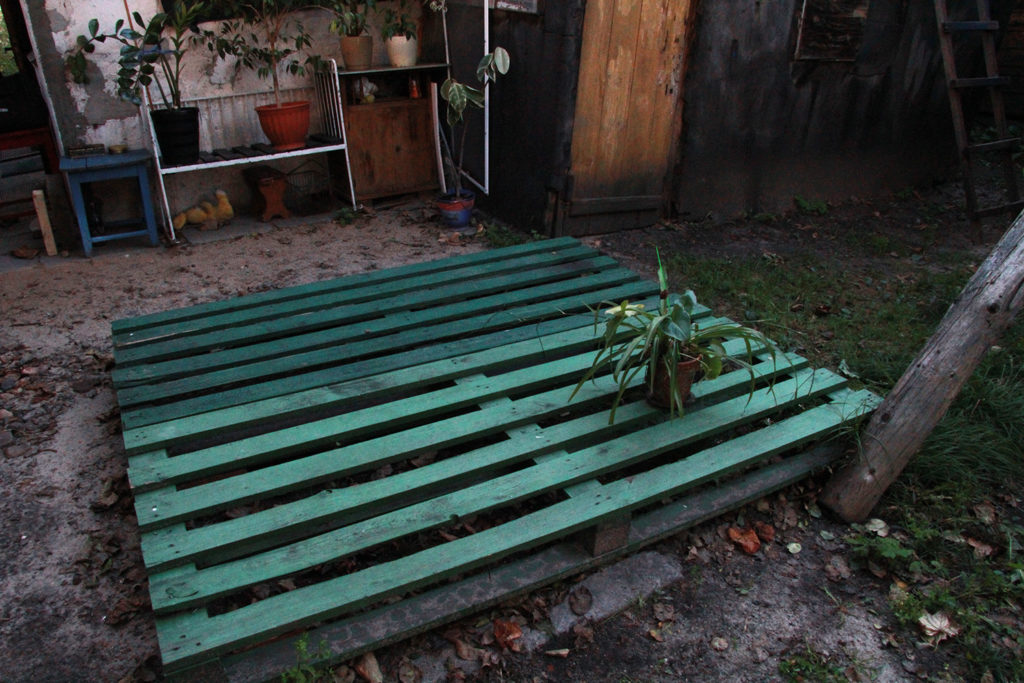
PARENTS’ PLANS
I cannot say we have a close relationships. And it has been this way since my childhood. As a man at his age, my father has a lot of stereotypes. He dreams that I will have a family, kids, a domestic life, and a good job. He thinks that a job not linked directly with money is rubbish. I guess he thinks that I made a mistake. And maybe he is right; maybe I lost something. But I live as I want. And I do not know how I can combine my desires with the typical expectations of my father.
But at the same time, he is proud that I am an artist because it was he who sent me to art school. At the same time, he worries that I am outside of the social structure … I don’t have an employment record book, I do not have any stable future. And sometimes I think that, yes, probably it is wrong. I will not have a pension. And what if I am old and ill: how will I survive?
Honestly, I have an experience of, let’s say, a typical family where a woman plays the wife’s role. I was in a marriage for about 8 years, but I did not like it. Now I am trying to understand why I was in one. Why did I engage in these typical relationships? My husband liked that I was an artist. But from the very beginning, he wanted a typical family with kids, dreams about his own flat, sea vacations …
I guess I was going along with my parents’ scenario. I tried to play this role, but I could not. I have a feeling that I missed something.
A SWEATER
I have a friend. He lives abroad. We have known each other for a long time, but we meet rarely. Actually, we have never talked about private issues, and at the same time, I feel we trust each other. I love him. I know that he is gay, and I love him as a human being. I can’t explain this kind of love, and it is love. Once I was traveling and stayed at his for a couple of days. In the evening we were drinking and talking. Suddenly, he said: I should present you with something. What can I present you? – Oh, no, because I do not have anything for you. – Don’t worry. It is me who wants to give you a present… And he gave me his beloved sweater. I immediately put it on, and he laughed: Oh, now you look like a real lesbian.
It is my beloved sweater. When I dress in it, I feel that I am not alone.
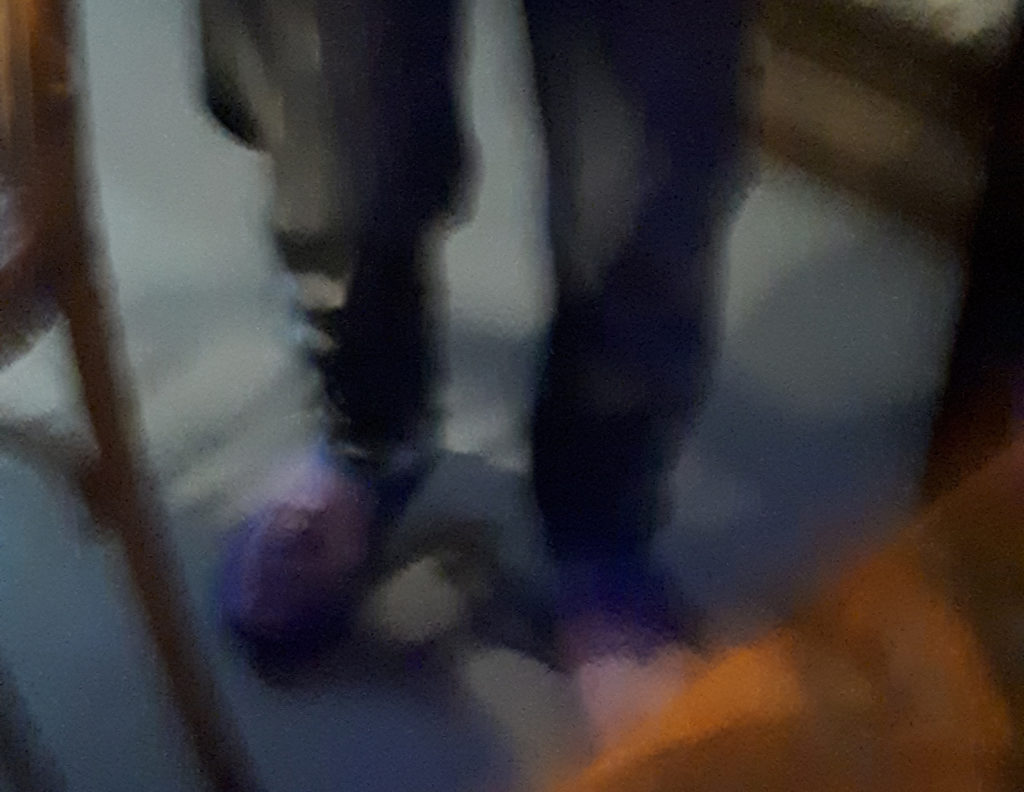
INTEGRITY
Carrying, in my mind, is a kind of female practice that you do by default. Recently my partner and I had a conflict. At the moment of my crisis, he didn’t support me emotionally and this hurt my feelings. What if I did the same, I thought? I stopped asking him: how was your day, what happened, what bothered him. I occasionally greeted him, had dinner, and watched movies while I kept silent. So, I thought, he thinks that it comes naturally to me to worry – that it’s my job, too. To care means that I support the person who is close to me. With warmth or a conversation because I understand how much the other person needs it. We discussed this situation, and I said, “see, I also can be like you, it is not a basic desire of mine to worry about you. But I do it because I know, how much others need it.” He said, “all right, I understand. It is always a hard job to live together with others.”
When my family is full and I have a child, I will feel dependence, and it will probably be difficult. You are a mother all day long. All the time and always… for a long time. I read one particular joke in the paper. A husband and a wife are lying in bed and say almost simultaneously, “And we have to suffer this hell for another eighteen years!” And they start laughing. Of course, not many people make such a confession, like: what have we done? But when you say that outloud, you can also have a laugh. On the other hand… Once I was heading to work and was thinking, how can someone in their right mind plan a child? I put aside this decision. Because I don’t know if I want to have one. But it seems that people who consciously want children, in reality they crave warmth, love, in other words, feelings that they don’t receive from other places. But, on the other hand, I don’t think that I would have an abortion. I don’t know.
I remember how when I was younger and I was leaving for the USA and my mother was seeing me off. And here I am looking at her standing at the platform, she is waving at me – she doesn’t say anything like, where are you going, I’m worried, or I didn’t raise you for this – she smiles and almost cries. And suddenly I sensed how much I love my mother and how important this love is. This, apparently, is unconditional love. A connection through one’s DNA. So I might just as well consider having children as extending my life, if there’s such a wonderful thread beginning from the big bang… But I’m afraid to lose the time, the freedom, the mobility, the absence of responsibility. What if the relations with my partner sour?.. But then I thought that, if I think this way, then indeed it’s better not to give birth. If you are so worried about your integrity, don’t do it.
THE HERMITAGE MUSEUM
I had one episode in my life. To enter into a museum free of charge, I made a fake student ID, which was in an international format. And, so I arrived in St. Petersburg, and clearly, went to the Hermitage, and they didn’t let me in. I was so outraged: how’s that, fake! Though I had laminated it myself, I was very angry. I was shouting, “They let me in even to in the Louvre.” And I had never been to Paris. “And you just!..” In one word, the Hermitage turned out to be very snobbish. I didn’t like their attitude.
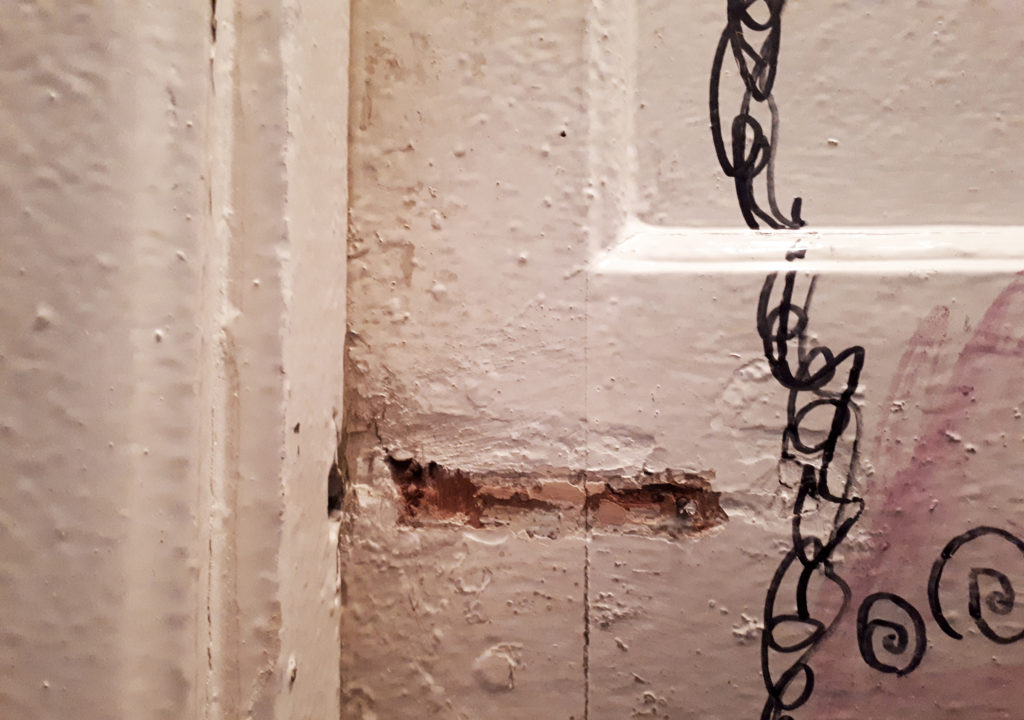
IT’S NO BIG DEAL, IF WHEN YOU WERE A CHILD YOU WANTED TO BE LIKE PICASSO!
They think I’m modest. Maybe, it seems like that on the outside, but I think of myself on the scale of a genius, no less. As a child, I oriented myself around one figure, Picasso. There’s only one path and no other! At that moment, I didn’t know other paths that I could take. Picasso was so outstanding in painting, exactly. Though, I had and still admire Filonov1, too. At one time, I even believed myself to be Filonov’s reincarnation. I thought, his analytical system matched my inner philosophy. But I’ve never wanted to be like Filonov. I can’t be like him. I’m a hedonist, I love being lazy, lying on a sofa and dreaming about or reflecting on something. To be in warmth, to have something to eat and drink. I can’t strictly limit myself. That’s why I chose Picasso, this lifestyle certainly fits me. If not because of this, then why else?
Just then I hit a wall. Disappointment came. First, because I suddenly realized that art is not the most important thing in life. There are more important things. It’s unlikely that I will change something myself, but if my career came to a stand still, I feel like I could abandon it all. It’s more about my philosophy. As art is egoism, pride… a whip, with which life beats you, and you just run forward like a jackass. Passion vanished. Say, you had an exhibition in Brussels or in London: it does not bring you joy. There’s nothing to talk about. And there’s financial disappointment on top of it all. I play football on weekends. Men of different social statuses come there. That’s where you see democracy as it is. I was once given a lift by one guy on a Land Cruiser that costs one hundred and twenty thousand dollars. He talked about how his friend laughed at him when the next year the car cost fifty thousand less… Jaw dropping sums for me! But I understand: for them it’s status: it’s a thing that you can show and no one call in questions its cost. But when you buy a work of contemporary art, you’ll have to explain to everyone that you have not been scammed because everyone will be thinking exactly that.
…A completely open playing field, having gone through almost half of my life, and still starting from zero. With my ambitions, it’s nothing. I’ll make more money by painting vines on walls!
VALUABLES
The most valuable resource that we have is time. And that’s why I hate to give my time for things, which often take a lot of energy. I had many wild nights. But I realized that I felt uncomfortable, because I never received enough information while communicating with people. There were some private stories all the time, relationships that I did not understand. This drained me psychologically, took my energy, time, and by the end of a conversation I didn’t even understand what we had been talking about. It was like an endless soap opera.
Communicating to an international art crowd gives me the feeling that I am supported by my peers and colleagues. To have fifty or a hundred mutual friends with some European curator is a normal thing for me. And last year, when I went to an art festival in Kassel, it turned out that I knew almost everybody. It was really important for me, to feel relevant and significant. That’s why I can say that my city is not Minsk, but the whole world.
When I think about the future… wait are you talking about your savings account for retirement ? Jokes aside, the fact that I was born in the Soviet Union, which taught me not to be afraid of big dreams, had a great impact on me. That’s why, surely, I want to go to Mars, but I was told that if you want to go on Mars, you have to prepare yourself somehow – already now actually. That’s true, because now everything changes very fast. Maybe in twenty years you will be able to go on Mars by local transport.
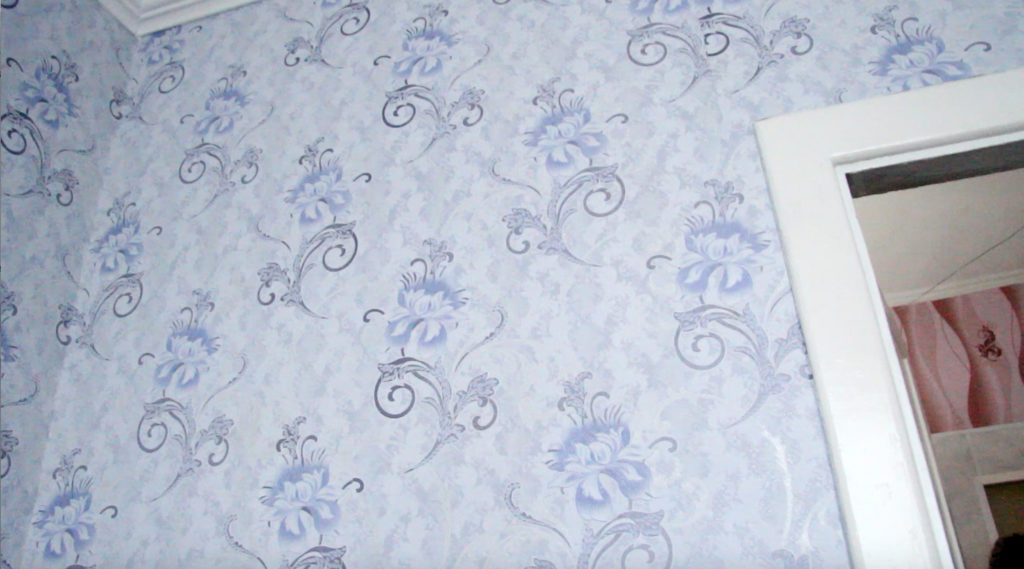
WORK
I have held jobs as an expert on the national costumes at the Palace of Culture, as a curator in the exhibition hall of Primitive Art at the Palace of Culture, as a decorator at the Museum of Regional Ethnography, and as a designer of gravestones. I was offered a job on television, but the salary was very low there, and you had to be there for the whole working day. I thought, no. Now I make advertising clips as a freelancer. That’s the best for now.
HOUSE
We were looking particularly for a single-family home. It had to be in the city center, but without an entrance in a lobby and with few neighbors. Maybe, it’s hard to call it a house, but I am used to it. When you have to appropriate others’ space over and over again for twenty years, you get used to it. Sometimes it even happens fast. There are no specific funds to do all the things that you want, as the apartments are rented. But in so many years I have developed good recycling skills. For example, oh dear, what an awful armchair, but I already know what I can do with it. Just living through one’s given circumstances forms a lot of practical skills for life. You should take what you have and work with it. I think in our situation in art it’s almost the same. We can’t change something drastically, and that’s why we have to work with the material we have. Naturally, it demands a lot of effort, imagination, inventiveness.
I’d like a house to become my permanent residence, for it to be somewhere where I can arrange my plates. But at the same time, I have developed conflicting feelings. I get attached too fast to the places I live in. But I change them very easily. Some feelings stay, but it’s not a problem to change house. I take a new place on quickly. Now, of course, an age-related issue is beginning to arise already. You get covered with stuff, books, clothes… a family, children… You become attached to a place, and it becomes harder to put it all into a bag and leave for another city. I can imagine my perfect place: a plot of land, a house painted with my favorite color. But life does not yield such comforts yet. So we have to make do with what we have.
Acquaintances, friends sometimes come and say, “That’s fantastic, you make art and have bare walls.” I reply, “I’ve had enough.” But I’m not ready to slow down. I have a wish to meet people less. Preferably, my home should be a place that keeps memories. Even if we’ll have to pay for it with comfort… My mother, in fact, is against it… Even if the house is a little deformed, it has history.
THE POSTCARD
At the Museum of Modern Art in Stockholm I went to a gift shop: there was a great variety of postcards. A photo of a young woman caught my eye, it was a black and white portrait. I bought this postcard, I didn’t know who that woman was, I just liked her. In half a year, when I was already at home, I suddenly decided to check, who that was because her name was on the card. I started googling, and it turned out that she was from Belarus. She moved to Sweden in 1914, where she took up photography. She opened a portrait and dance studio in Stockholm in 1928. Her name was Anna Riwkin-Brick, her years of life – I read – were 1908-1970. Now this postcard is on my day planner. This can happen sometimes, right?
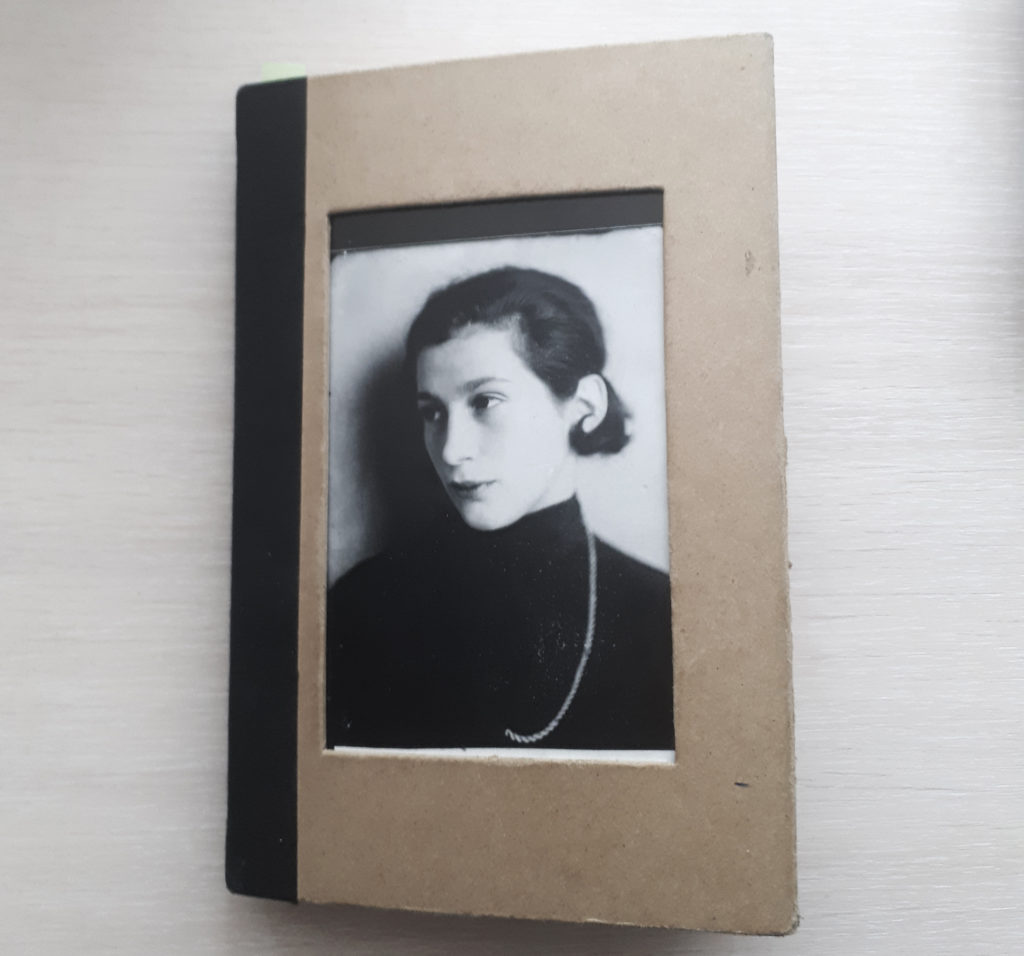
FESTINA LENTE
I love walking dogs, I even became a real expert in this field. Our walks last for about two hours now. Our route became more complicated. I even added swimming now. I take my daughter to kindergarten, and then we go.
I also love films and books, especially films. I watch different things, I’m omnivorous. I can look for a film to watch for an hour: I read reviews on forums; and then I watch it, and it turns out to be crap. You are such a dumbass, I tell myself. You had been looking for an hour, and what’s that? And then you watched for another hour… Two hours of your life you wasted on some garbage! That’s it, I will only watch Tarkovsky starting tomorrow! Or that’s it – no phone at work, turn it off and read books. That’s enough of this addiction, one is after all one’s own master, only books! But suddenly, it turns out that your phone is in your hand and you catch yourself watching some crap again. In addition to that, you indulge yourself in humor in the morning when you go through social media – this moron had an exhibition in Germany, he’s enjoying it… Anyway, I justify it to myself again. Just as with films, you drink coffee and watch some crap.
I look for other people’s opinions on Facebook. What if I find something? I recently realized that online you take the same routes over again. I noticed that on Instagram, it’s all the same, the same images. Not only am I unlucky enough to have been born in Belarus, I also love American art – full of optimism, sarcasm, anger, politics. But I think that Instagram kills art. As it’s impossible nowadays to talk about creating something new. In the morning, you post something on Instagram and at the same time someone from Japan posts the same thing. Who’s first? It’s all meaningless. But I keep on searching: and suddenly I come across someone who tells me something different.
I became a parasite through laziness. I was even too lazy to enter the Union2 online.

NOT ENOUGH
I grew up with my mother and sister. And I thought that we ate chicken gizzards so often because it was very healthy food. Later I realized why: my mother could not cook beef. She never bought it because she couldn’t afford it. And actually, until now, I am very simple with food and domestic life. Although I can buy everything I want… food, clothes, a new mobile phone, I can travel… But am I happy? I can’t say because I should work a lot. I do not complain, but my daily calendar is full. I can’t say I have enough time for myself.
My uncle works as a watchman. Earlier he had his own business. But now he works two times per week. He has little money, but he has a lifestyle that wealthy people would be eager to live for at least a week. He wakes up – birds are singing outside the window – he comes back from fishing, nowhere to hurry to. He enjoys every moment. And this is a question of a quality of life. I think that many people are unhappy because they identify themselves with their work – with its mechanics. But there is a possibility not to identify with it but just to earn money, but what then comes next – let me go to the sea! That is a good idea. But do we really like this idea? No, we continue to invest in our education, invest in stability, but isn’t it stable enough?
I read in one yogi’s book that even an ant can sustain its own existence independently. But it lives in a forest, and its brain is much smaller than ours. The example was meant to illustrate that a human being can do anything. But because of our hesitation … this fear that we have to earn money to provide our own and our families’ livelihood, achieving this means we can exist in the world. It limits our potential. It seems to me that we can approach this from another side, and suddenly it will appear that money is the least of our problems. But this idea came to me recently.
THE YARD
When I finish yet another project, I feel devastated and relieved at the same time. For a couple of days I am relieved from all the deadlines and concentrate on everyday things. Bring the shoes to get repairs, reply to a number of papers, clean the apartment, go through the old stuff, throw something away – I like to clear out the place. While strolling outside, I notice that my gaze changes, it’s aimed not inwards like it is during work. I peer into the surroundings, notice details and feel incredibly good. The rhythm of everyday life calms me. To think about myself, about household stuffs and needs.
I can’t recall the title of the film… In it, you know, there was a character looking out of a window, like in that film. I have something similar. My neighbor lives one floor below me. She’s so wonderful. She wears thick glasses, and she also has a bright blue, light overcoat. I noticed her face, because once I was walking, and she was walking towards me. She stopped and asked, “Could you, please, tell me, well, I had a text message that I won something, but I had to send them my card details. So I sent them…” “Oh, no,” I say, “those are swindlers. You shouldn’t have sent your card number.” “You think they are swindlers?” “Of course! You should freeze the card immediately.” She sighed, “Freeze it, you say? Right, I’ll go now and call the bank.” After this incident, I remembered her. I don’t know, maybe because she has terrible eyesight and such thick glasses, but she seems to be very forgetful. Every time when I recall this story with the prize, I’m afraid to ask, how it all ended, because I don’t want to just twist the knife in… Recently I was looking out of the window, she brought her houseplants outside, she was probably replanting them, taking ground from under a tree. On top of her dressing-gown she had some old-school coat. Her son, a teenager, was digging in a puddle with a stick. She lovingly finished each plant, topped them up with more ground, dumped out the old one. It seemed like she was completely happy with her Saturday. I envied her.
Moreover, all of my plants wilt. Maybe that’s because I forget about them?
